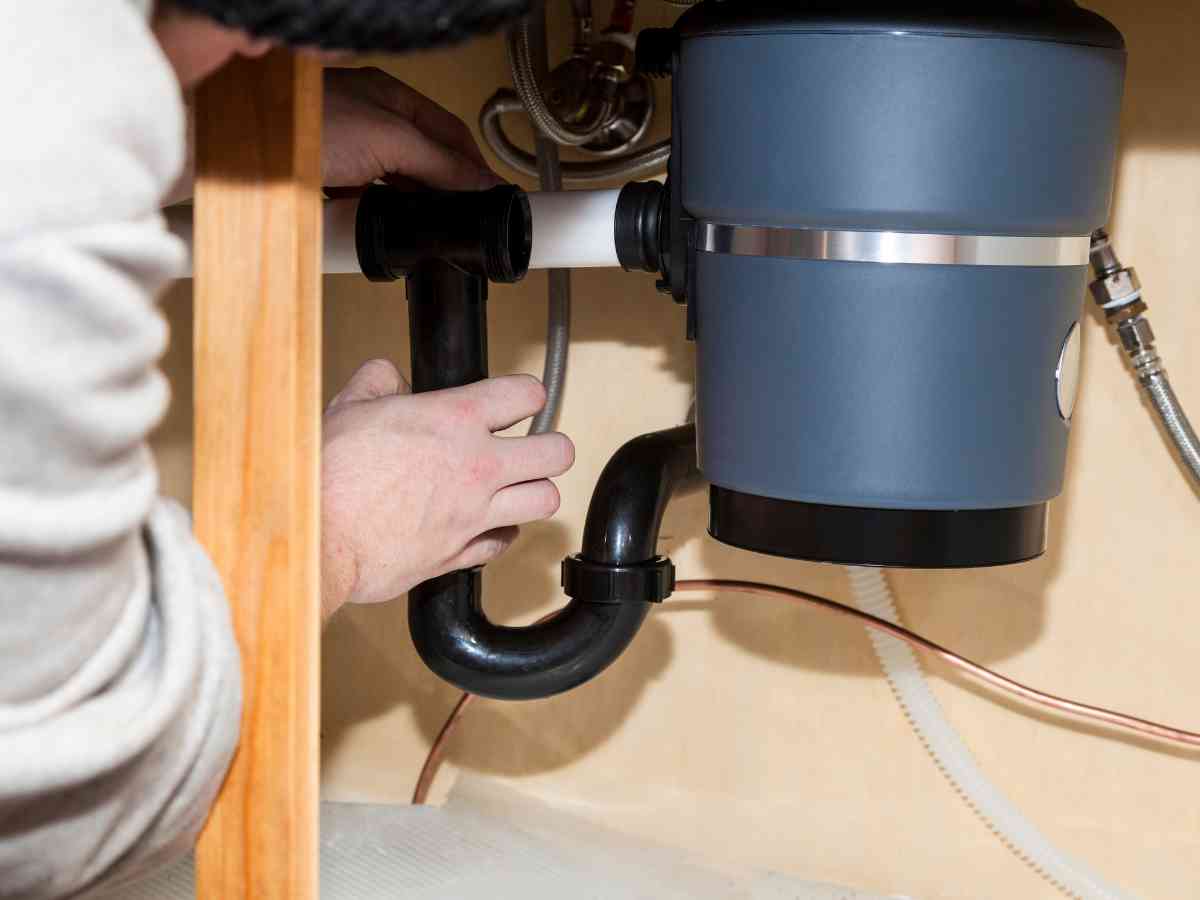Heat pumps are essential for modern HVAC systems, providing heating and cooling to homes and businesses. They are efficient, eco-friendly, and cost-effective when they function correctly. However, like any mechanical system, heat pumps can experience malfunctions that disrupt their performance. In this blog post, we will explore common factors that can lead to the malfunction of heat pumps, helping you understand what might be causing problems with your system.
What is a heat pump?
Before understanding the most common causes of heat pump failure, let’s look at how heat pumps work. Heat pumps work by transferring heat from one location to another. In the winter, they take heat from the air outside your home (even when it’s cold outside) and transfer it to your home to heat it. During the summer, they do the opposite. They take heat from your home’s indoor air and release it outside to cool your home.
Heat pumps consist of several components, including a compressor, condenser, evaporator coil, and refrigerant. When these components function correctly, your heat pump should work efficiently. However, several factors can disrupt this harmony.
1. Lack of Regular Maintenance
One of the leading causes of heat pump failure is a lack of attention to routine maintenance. Like your car, your heat pump needs regular maintenance to keep running smoothly. Over time, dirt, grime, and dust can accumulate on the condenser and evaporator coils, reducing the heat pump’s efficiency and causing it to work harder. This added stress can cause damage and increase energy costs.
Solution: A professional HVAC technician with regular maintenance checks can prevent these issues. Your heat pump will be cleaned and inspected to ensure it operates at its best.
2. Leaking coolant:
The refrigerant is essential for transferring heat to your heat pump. If there is a refrigerant leak, the system’s performance can be significantly affected. The most common signs of a refrigerant leak are a decrease in heating or cooling rates and an increase in your energy bills.
Solution: If you suspect a refrigerator is leaking, it is essential to contact a professional technician to diagnose and repair the leak. The refrigerator will also be filled.
3. Dirty air filters:
The air filter in your heat pump plays a vital role in maintaining indoor air quality and the smooth running of the system. When these filters are clogged with dirt and debris, the airflow is restricted, making it difficult for the heat pump to transfer heat efficiently.
Solution: Check and replace your air filter regularly as needed, usually every one to three months. This simple maintenance task can go a long way in preventing heat pump failure.
4. Electrical problems:
Electrical issues can damage your heat pump. Worn wiring, loose wiring, or faulty electrical components can cause electrical problems, causing the heat pump to malfunction or not turn on.
Solution: A licensed electrician or HVAC technician can fix electrical problems. They know how to diagnose problems and solve them safely.
5. Thermostat problems:
The thermostat is where you control your heat pump. If it is not working correctly, the heat pump may turn on and off incorrectly or fail to reach the desired temperature.
Solution: Make sure your thermostat is set correctly, and consider upgrading to a programmable or smart thermostat for more accurate temperature control. If the problems persist, consult a mechanic to inspect and repair the thermostat.
6. Improper sizing:
Choosing the right heat pump size for your home or business is essential. An oversized or undersized heat pump can lead to inefficiency, increased energy costs, and premature wear and tear.
Solution: Consult with an HVAC professional to determine your property’s right heat pump size. Weight calculations will be done to ensure a proper fit.
7. Extreme Weather Conditions
Extremely cold or hot weather can stress your heat pump, making it harder to maintain indoor comfort. Prolonged exposure to challenging situations can impair performance.
Solution: During severe weather, it is essential to adjust your thermostat settings and give your heat pump some relief. Consider using additional heating and cooling systems when needed.
8. Age of the Heat Pump
Like any appliance, heat pumps have a finite lifespan. As they age, their efficiency decreases, and they become more prone to malfunctions.
Solution: If your heat pump is approaching the end of its expected lifespan, investing in a new, energy-efficient model may be more cost-effective.
Advanced Troubleshooting
Strange Noises
Unusual noises can be a sign of mechanical issues. We can help identify and resolve these problems quickly.
Inconsistent Heating or Cooling
If your heat pump is not heating or cooling your home consistently, it might indicate a deeper issue. Our team is equipped to diagnose and rectify these inconsistencies.
Ready for Reliable Heat Pump Solutions?
Don’t let heat pump troubles leave you in the cold! Whether you’re facing issues or want to ensure your system is in top-notch condition, MJK Mechanical is here to help. Our team of experts is dedicated to providing efficient, reliable, and quick solutions for all your heat pump needs.
- Schedule a Maintenance Check: Regular maintenance is critical to the longevity and efficiency of your heat pump. Book your appointment today and enjoy peace of mind knowing your system is in expert hands.
- Expert Repairs: Encountering problems with your heat pump? Contact us for swift, professional repairs that stand the test of time.
- Installation Services: Are you considering a new heat pump installation? Let our skilled technicians guide you through the process for an optimal home heating and cooling experience.
Connect with us today! Visit MJK Mechanical’s website or call us. Your comfort is our top priority, and we’re committed to ensuring your heat pump operates smoothly, no matter the season.

